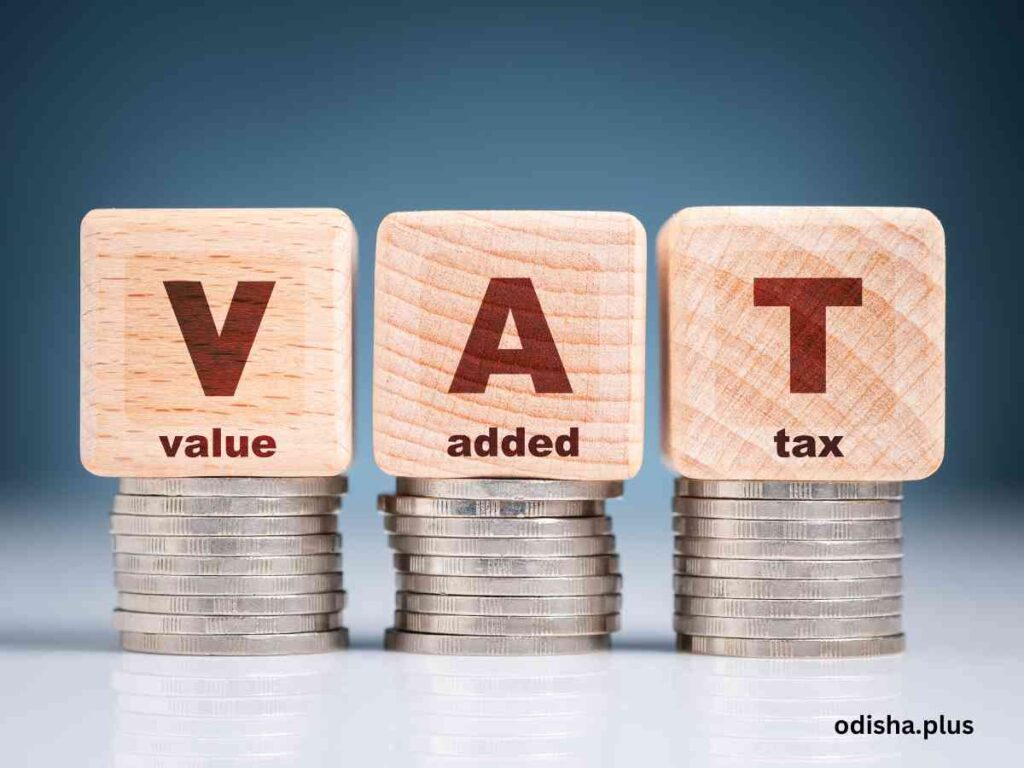Introduction of Value Added Tax in 2005 proved beneficial to the states plugging tax evasion and increasing the tax collection substantially
Pradeep Kumar Biswal

In late nineties all the states were in red. The coffers were empty. They were not in a position to meet the day-to-day requirements of the government like timely payment for its employees, repayment of loans and interests and routine maintenance of the public assets. They were in severe fiscal stress owing to low income and high liabilities. All were in revenue deficit. Things started improving in the first decade of the century after the 12th Finance Commission awards and states adopting a fiscal correction path on the advice of the Finance Commission and central government.
States had to enact FRBM Act prescribing borrowing limits as mandated by successive Finance Commissions. Since then things started improving and the states by and large came out of the debt trap. Introduction of Value Added Tax in 2005 proved beneficial to the states plugging tax evasion and increasing the tax collection substantially.
But in the recent years the state governments have been reckless in maintaining fiscal prudence which will be disastrous in future. On the one hand there’s a competition among the states in extending freebies to the citizens in various forms, adopting various subsidies and going for market borrowing in excess of the ceiling prescribed for them. The political considerations to retain power by appeasing the voters at the cost of public exchequer may not stand scrutiny of a pragmatic financial management system.
For instance, as reported in Press, fiscal deficit estimate of Maharashtra has reached at the level of Rs 2 lakh crore in 2024-25 which is difficult to be filled up. The state is having precarious financial conditions while the election is ahead. Inspite of objections raised by Finance Department in taking additional liability, the state government went ahead with interest free subordinate loan for Orange Gate – Marine Drive tunnel to the tune of Rs 1354 crore and for Thane Borivali tunnel to the tune of Rs 2417 crore.
While the borrowing limit is prescribed 3 percent of the GSDP but the fiscal deficit is now beyond the limit of 3%. The state government has also announced several pre poll schemes which the state finances cannot sustain. The advice of the Finance Department in this regard has not been taken into consideration while taking such decisions.
Many of the states have similar stories and are now adopting policies that may prove detrimental to the health of the state’s economy. The RBI report on State Finances (A Study of Budgets of 2024-25) has certain startling revelations. While the social sector spending of 31 states taken together comes around 41 percent, the development expenditure comes to 13 percent. It means the social security schemes have an edge over the developmental needs of the states.
Out of the social sector schemes spending on education is hardly 13 percent (2.5 percentage of GDP) and on medical and public health, family welfare, water supply and sanitation it’s hardly 1.7 percentage of GDP. Therefore, the spending on enhancing the quality of life has been compromised for other purposes. Interestingly the amount of subsidies is going up from year to year. While it was Rs 1.87 lakh crore in 2018-19 it has reached Rs 4.19 lakh crore in 2023 -24(BE). If this trend is allowed to continue then it will bring the state finances to a critical level not in a distant future.
In order to maintain fiscal sustainability the RBI has advised the states to take certain measures: not to revert back to Old Pension Scheme as has been done by some states before election, to maintain fiscal deficit around all India average of 3.1 percent of the GSDP and debt level around 27.6 percent of GSDP as in all India basis. It is clearly indicated that any further provision of non -merit goods and services, transfers and guarantees will render the fiscal situation precarious and disrupt the overall fiscal consolidation achieved in the past years. These advices by the central bank need to be taken seriously by the states.
Fortunately, Odisha has been in a position free from these situations in view of a prudent financial management in the past. The state is in a sound position from the angles of revenue deficit and fiscal deficit as well as debt – GSDP ratio. Even then we have to be careful in taking financial risks. Alone the flagship scheme of the government Subhadra has an annual outgo of Rs 10 thousand crore for next five years. There is an estimated market borrowing of Rs 4000 crore in the budget for 2024 – 25.
In the past, although provisions were made in the budget for market borrowing it has not been resorted to on many occasions due to available savings and taking advances from other sources to meet the needs. We have to follow the same prudence in future and avoid increasing the loan and interest burden for the state. The expected windfall collection from mining sector may be a boost for the state but it should be utilised for economic growth of our economy instead of spending on freebies.
The 16th Finance Commission has been constituted under the Chairmanship of Dr Arvind Panagariya. The Commission is mandated to undertake a detailed assessment of the fiscal situation of the states and it may come out with some recommendations to improve the situation. There should be a capping on the freebies being distributed by the state governments and the subsidies both direct and indirect so that the state resources can be allocated for developmental needs and providing better services to improve the quality of life of the citizens. At least it should be ensured that the states should not go back to the fiscal stress that was prevalent in late nineties.
(The author is a poet & columnist and a former bureaucrat. Views expressed are personal)



























The article is an apt directive to save our state from impending fiscal stress and deficit of last nineties. Govt. in stead of concentrating on freebies as a strategic plan to gain popularity, should focus on qualitative improvement of human life by means of considerable investment.